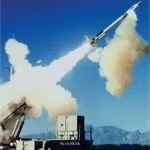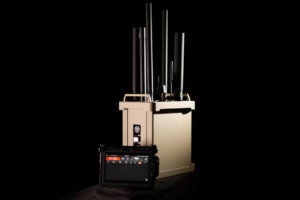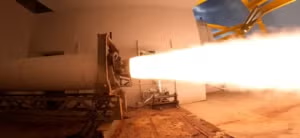
Frank Calvelli, the Biden administration's nominee as the first assistant secretary of the Air Force for space acquisition and integration, told the Senate Armed Services Committee (SASC) on Feb. 17 that he hopes to speed the fielding of needed systems through ensuring programs meet cost and schedule constraints and through building smaller satellites. At the start of his nomination hearing, Calvelli said he aims to undertake a number of steps to speed the fielding of needed space systems, including "ensuring…














